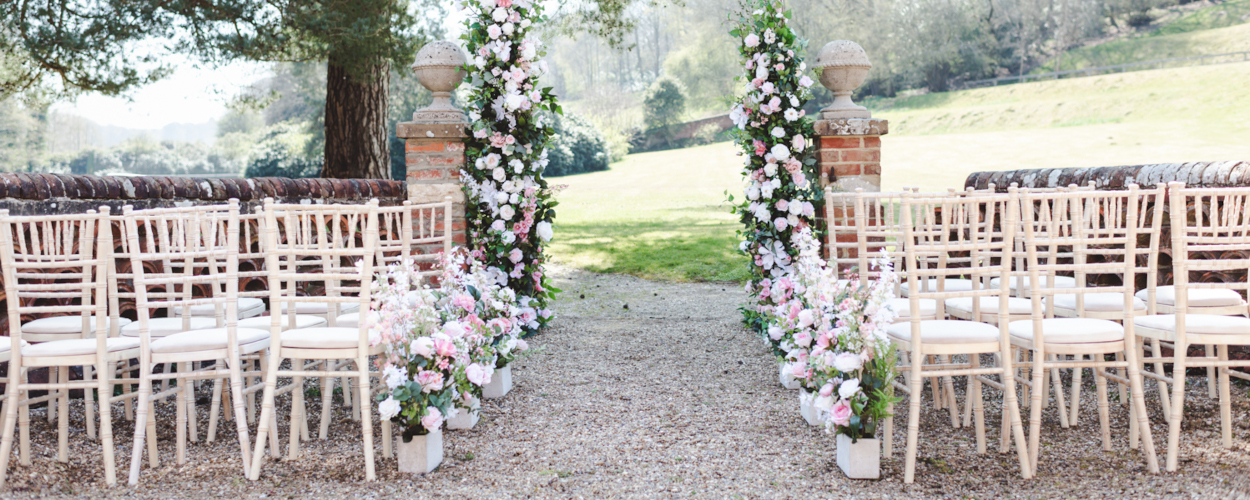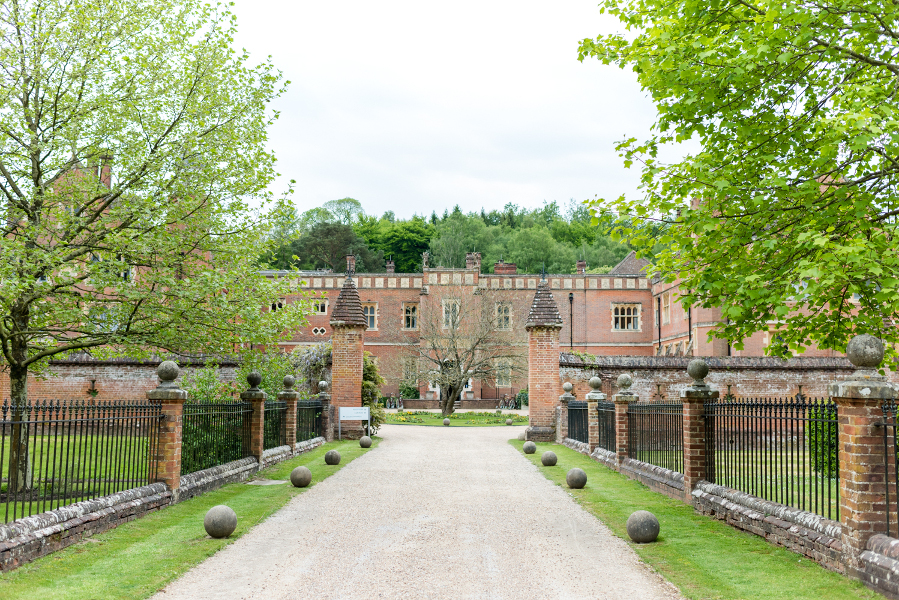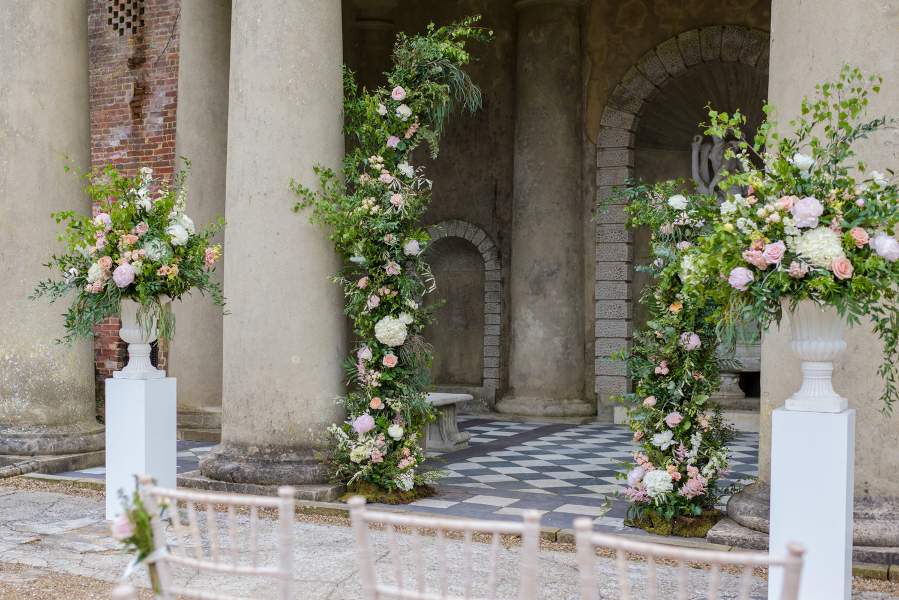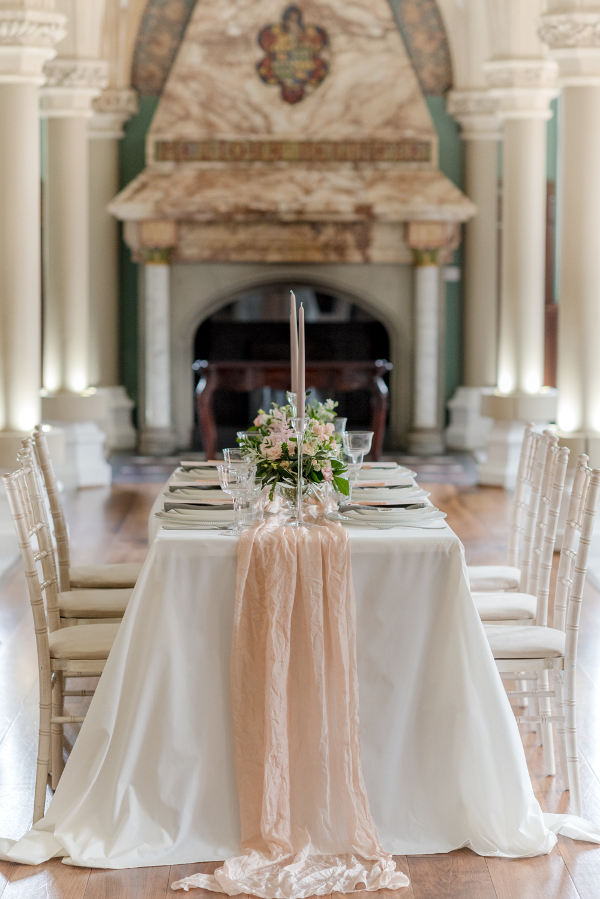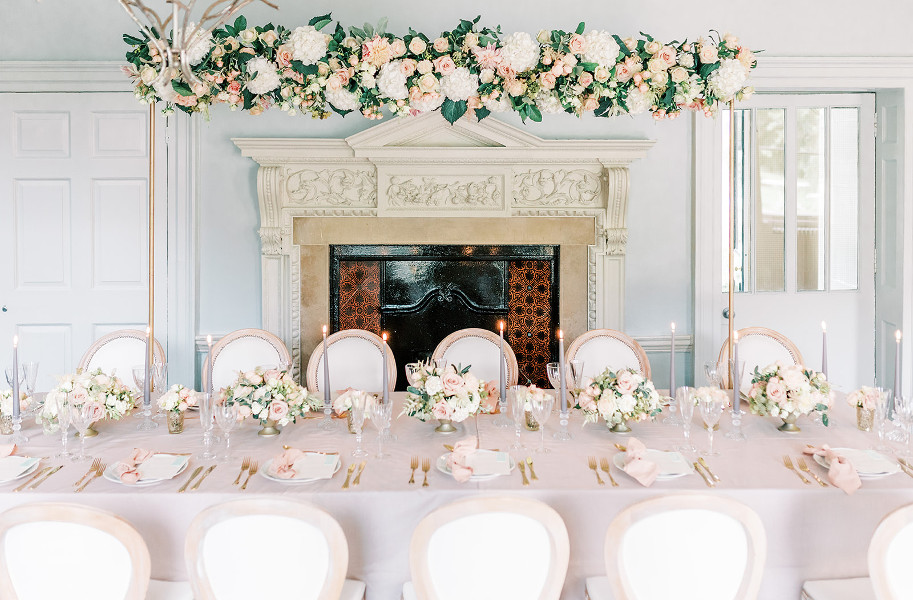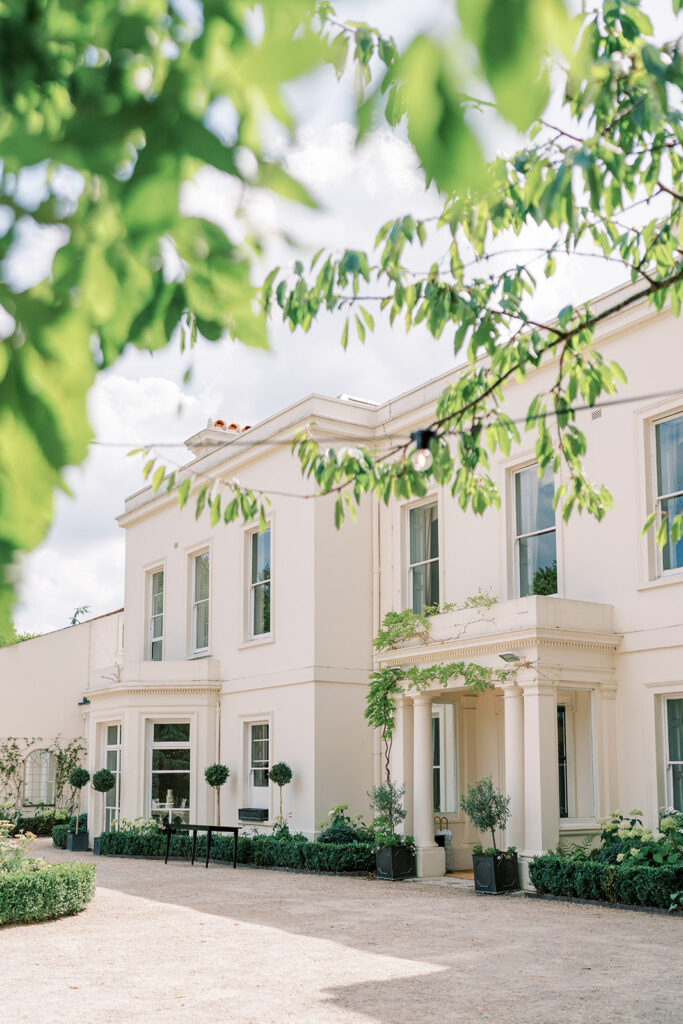One of the earliest decisions you’ll make planning your wedding is deciding on your venue. For some couples, this is a relatively simple task, they may already have a venue in mind that is meaningful to them; but for others, it is overwhelming to even know where to begin.
Here is some advice of things to take into consideration when looking for your dream wedding venue:
Venue Style
The first step is to think about the type and style of wedding you would like. There are so many different venue options out there, and having an idea of whether your wedding will be relaxed, casual, formal, traditional, modern, for example, is a great starting point and will help form the vision for your wedding.
Once you have some ideas, you can begin researching and shortlisting potential venues. If you’re thinking a barn wedding is your style; a formal, historical ballroom probably wouldn’t work for you. Equally if you’ve decided on a relaxed, city chic modern wedding, a barn probably wouldn’t be a good option either. Identify the elements you’d like to include into your day, that will help narrow down your list of potential venues.
Capacity
Such an important factor that is often casually approached, your venue needs to be the right size to fit your number of guests. Work out the rough number of expected attendees, and don’t forget to include yourselves, bridal party and family in the numbers.
Every venue has a maximum capacity for the number of people it can hold. This is for health and safety, to ensure emergency exits are kept clear and there is enough space for people to circulate around the venue.
It’s important you don’t assume that if the maximum capacity of your venue is 180, that you can have 200 people – the venue will cap your numbers on the capacity of the spaces you are using.
On a practical level, if your space is small and you are trying to squeeze a lot of people into the space, your guests will be cramped and uncomfortable. If your space is too large, your guests will rattle around and you’ll lose the atmosphere.
Budget
Have a clear budget in mind of what you want to spend on your venue. Take into account venue hire, food and beverage costs, staffing costs, décor hire, furniture hire (if applicable). Be very clear on what is included in the costs, as all these additional items add up. If the venue is outside your budget it might be time to rule it out, unnecessary heartache and disappointment can be avoided by choosing a venue that fits your budget.
Dry Hire vs Full Service
Dry hire refers to only the rooms and venues that are hired. This means that you book the venue only, without catering, furniture, etc – you will need to hire these suppliers separately.
Full service is a venue that usually includes the venue hire, furniture, catering, such as a hotel. Some full service venues do allow you to bring in your own caterers if you have specific needs such as kosher or halal, for example, and other suppliers such as DJ, band, florist, décor etc.
Bear in mind that if you are using a dry hire venue you will need to bring in everything, as you would with a marquee. This does mean the costs can escalate and can work out more expensive than a full service venue so it is worth keeping that in mind.
Date
Being flexible on dates and time of year will give you more options for finding your dream venue, but if you do have a specific date in mind, that is a good starting point for shortlisting venues. If you have your heart set on a particular venue but it doesn’t quite fit your budget, consider an off-peak or mid-week wedding date as venues tend to be more flexible on rates for those times.
Location
Another factor to consider is the location of your venue. If your venue is isolated with no access to public transport or has limited access and parking, it can put some guests off attending.
If you opt to have your ceremony and reception in different locations, make sure there are transport options available for your guests if the venues aren’t close to each other. This might include arranging a bus to transfer guests from the ceremony to the reception, or giving guests information on local taxis.
Keep in mind your timings for the day too, the further the distance between your ceremony and reception venues, the more time that will be required for everyone to travel between the two venues, which will eat into your schedule for the day.
For any guests that are wheelchair bound or have mobility issues, the ceremony and reception venues will need to be accessible for them also.
Make A Visit
Book a visit to view your shortlisted venues at the same time of year you’re marrying in. If you’re looking at a winter wedding, view the venues in Winter; likewise if you’re planning a summer wedding, visit the venues in Summer.
This will give you an idea of what the venue and grounds will look like at that time of year, and will give you insight into how you can dress the spaces. If the venues offer open days, these are a great opportunity to see how they set up and decorate the venue for a wedding. Most venues will allow you to take photos on your visit, but make sure you ask them first.
Need help finding your dream wedding venue? I can help, discover my services here.
Image credits: Neli Prahova | Sophie May Photography
